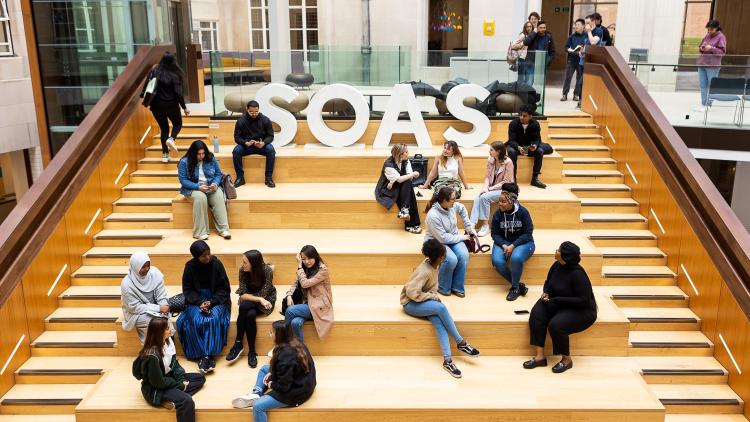SOAS Centre for Sustainable Finance delivers capacity building course on climate change for Southeast Asian central banks


From 12-16 February 2023, the SOAS Centre for Sustainable Finance convened a capacity building course on regulation and supervision co-organised with the South East Asian Central Banks (SEACEN) Research and Training Centre. The course was hosted by the Bank of Thailand in Bangkok and was attended by about 80 staff members of Southeast Asian central banks.
This course was the fourth of five courses that form the ASEAN Core Curriculum on Climate Risk Resilience/Sustainable Finance which the SOAS Centre for Sustainable Finance and the SEACEN Centre have developed together on request of the ASEAN central bank governors.
The course was delivered by Dr Yannis Dafermos and Professor Ulrich Volz and included presentations from experts from BIS, IMF, ECB, the SEACEN centre and central banks and monetary authorities in Southeast Asia. The course provided a holistic understanding of the effects of climate change on macrofinancial stability and the implications of these effects for the design and conduct of prudential policy. It covered tools and approaches that central banks can use to assess and monitor climate-related microprudential and macroprudential risks and support the scaling up of sustainable finance.
Welcome remarks were made by Dr Sethaput Suthiwartnarueput, Governor of the Bank of Thailand. The closing lecture of the course was delivered by Dr Atiur Rahman, former Governor of Bangladesh Bank and a SOAS Alumnus, who talked about the incorporation of climate issues into the policy toolkit of Bangladesh Bank during the period 2005-2016.
The SOAS Centre for Sustainable Finance has been working with many central banks around the world on addressing climate and nature risks and has been conducting numerous capacity building programmes in this area for central banks and financial supervisors. In Southeast Asia, the SOAS Centre for Sustainable Finance has recently delivered capacity building programmes for the Monetary Authority of Singapore and Bank Negara Malaysia, the Malaysian central bank. The SOAS Centre for Sustainable Finance recently also supported the Bangko Sentral ng Pilipinas (BSP), the central bank of the Philippines, in developing its Sustainable Central Banking Strategy.


